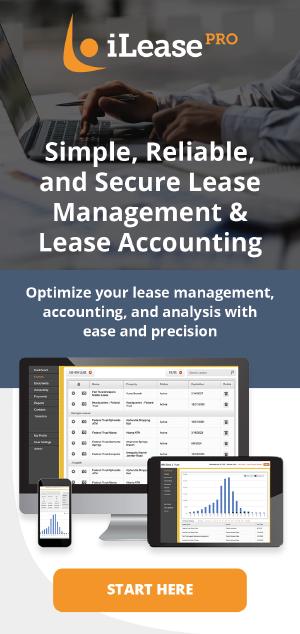Key Tax Implications of ASC 842: What CFOs Need to Know

Understanding the Tax Implications of ASC 842 Lease Accounting Changes
The ASC 842 lease accounting standard, which mandates significant changes in how companies recognize and report their lease obligations, has far-reaching implications beyond just the domain of accounting. Its ripple effects extend into the tax realm, where intricate nuances can translate to substantial fiscal implications. For CFOs, navigating this maze without expert guidance is not only challenging but fraught with risks. Here’s why engaging tax experts and advisors is paramount and the pivotal questions CFOs should be asking them.
Why Engage Tax Experts and Advisors?
- Complex Tax Implications: The transition to ASC 842 can lead to changes in the timing and amount of lease-related expenses recognized in the financial statements. These alterations can impact taxable income, leading to potential shifts in tax liability.
- Deferred Tax Considerations: The discrepancies between financial reporting under ASC 842 and tax reporting can result in the creation or revision of deferred tax assets and liabilities. Understanding and managing these elements require specialized tax knowledge.
- Jurisdictional Nuances: For multinational corporations, the tax implications of ASC 842 can vary across jurisdictions. Tax experts can offer insights into local tax laws and regulations, ensuring global compliance and optimization.
- Strategic Planning: Beyond compliance, tax advisors can provide strategic recommendations on lease structuring, payment terms, and other aspects to leverage tax benefits and incentives.
- Risk Mitigation: Engaging tax experts reduces the risk of unintentional non-compliance, potential penalties, and the reputational damage arising from tax controversies.
Key Questions CFOs Should Ask Tax Experts:
- How will the transition to ASC 842 impact our current tax position, and what proactive measures can we take to optimize it?
- Given our lease portfolio’s composition, are there specific lease structuring strategies we should consider to avail tax benefits or incentives?
- How will ASC 842 affect our deferred tax assets and liabilities, and what steps should we take to manage any potential volatility?
- For our operations in multiple jurisdictions, are there specific regional tax implications or incentives related to lease accounting that we should be aware of?
- How can we ensure that our tax reporting aligns with our financial reporting under ASC 842, minimizing discrepancies and audit risks?
- Given the potential for lease modifications or renegotiations, what tax implications should we be prepared for, and how can we strategize around them?
- Are there any upcoming changes or amendments in tax laws, both domestically and internationally, that might influence our lease accounting and associated tax implications?
- How can we integrate tax considerations into our broader financial planning and forecasting processes in light of ASC 842?
- What are the best practices or industry benchmarks related to lease accounting and tax optimization that we should be aware of?
- How frequently should we revisit our lease accounting and tax strategies to ensure continued alignment and optimization?
The introduction of ASC 842 isn’t just an accounting change—it’s a transformational shift with multi-faceted implications, especially in the realm of taxation. For CFOs, engaging tax experts and advisors isn’t a luxury; it’s a necessity. Armed with the right questions and a collaborative mindset, CFOs can unlock the full potential of expert guidance, ensuring not only compliance but strategic tax optimization in the dynamic landscape of lease accounting.



